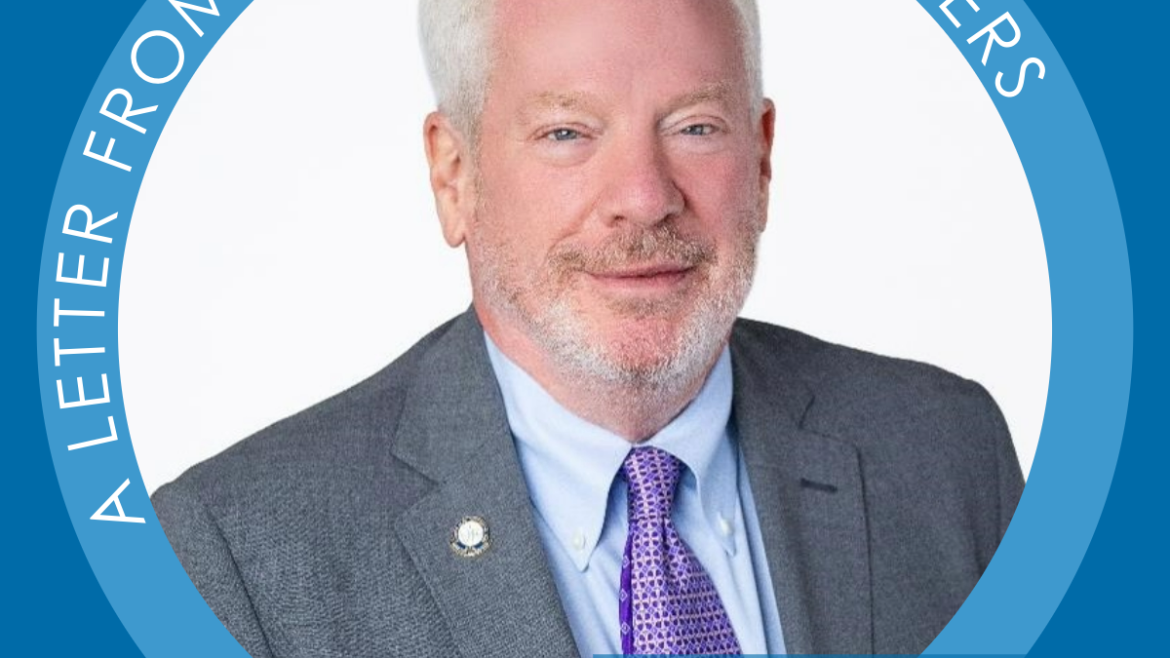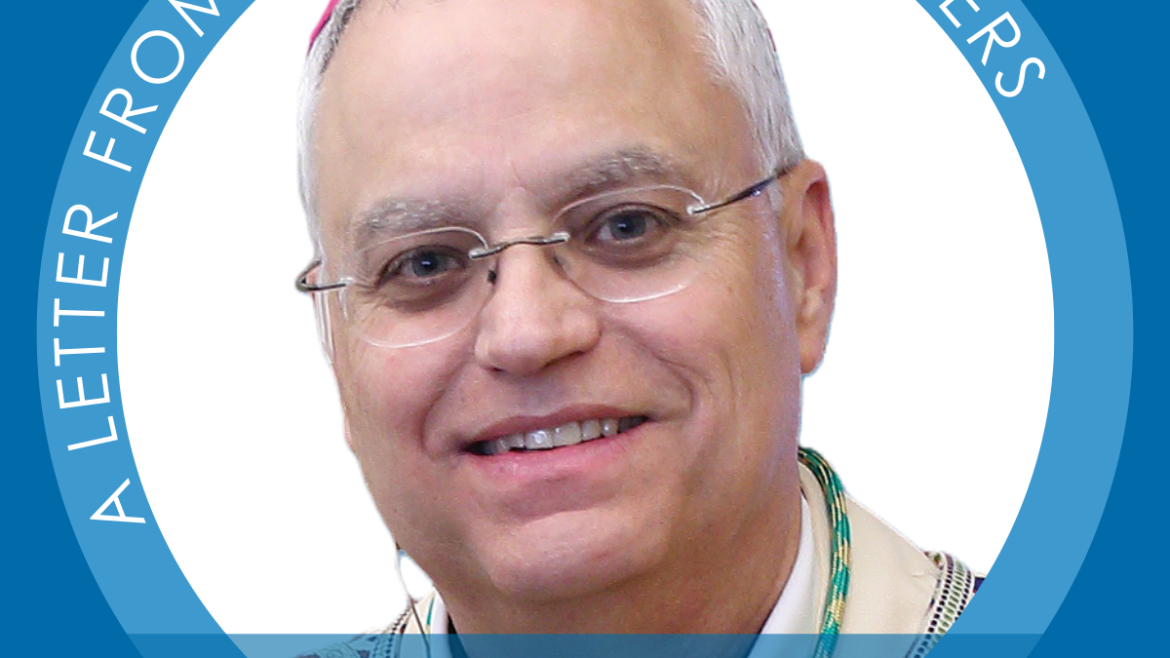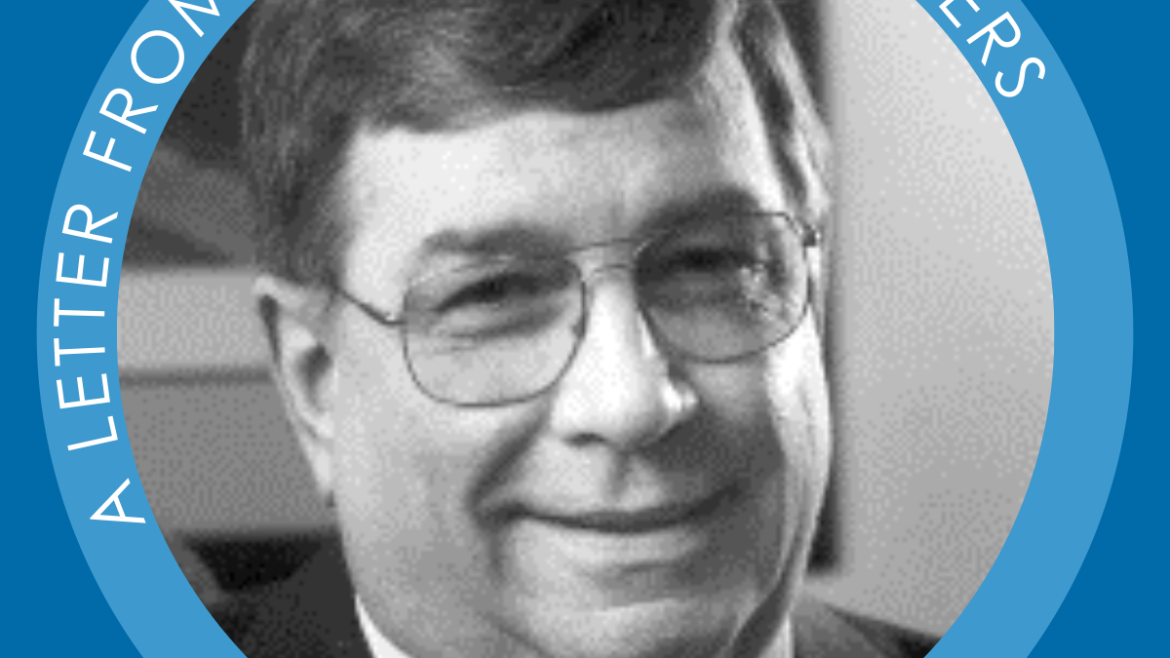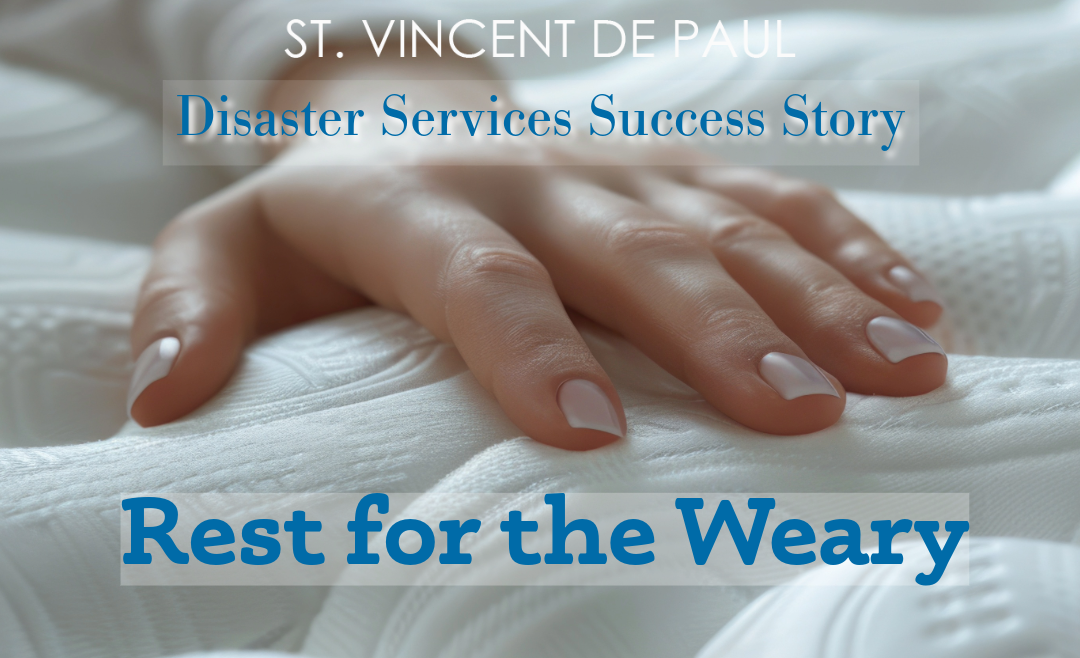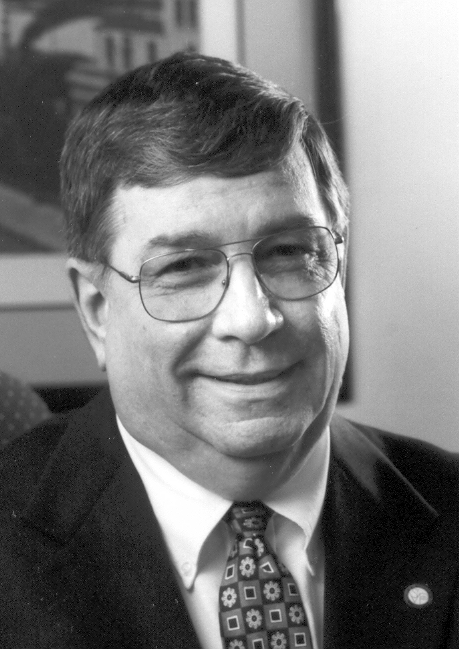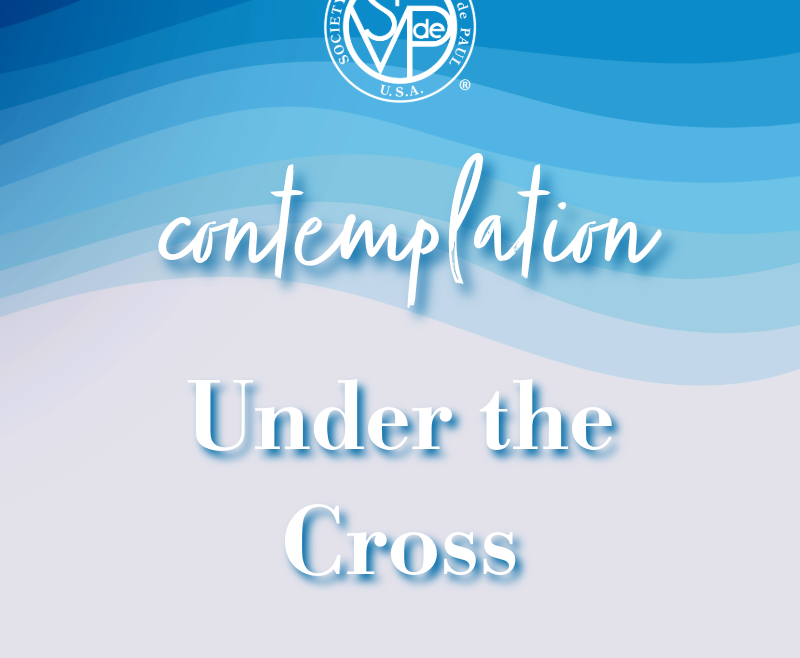Over the last year, you have heard me speak and write often about the ‘Encounter.’ Regrettably, some people are uncomfortable about my use of that term, as they seem to feel that it takes away from the traditional emphasis of the Society on the term ‘Home Visit’ as what they perceive as the heart and soul of our Vincentian calling.
So, I think that it’s important to explore the term Encounter and hopefully put any concerns to rest. Let’s first look at The Rule.
In Part I of The Rule, under the first major heading “Purpose and Scope of Our Service,” Section 1.2, it is stated “Members show their commitment through person-to-person contact.’ Section 1.3 is titled “Any form of personal help.”
The third major heading under Section 1 of Part 1 of Our Rule is titled “Our Personal Encounters with the Poor.” Part I, Section 1.7 is titled “Prayer before Encounters or Visits.”
So, we’ve established from The Rule that our Founders envisioned an inclusive network of charity. (Hey, sounds like Frédéric!) We don’t see the restriction of “Home Visit” anywhere. Encounters are certainly visits, and visits are clearly a preferred way of meeting the poor, but Encounter can be more than a Home Visit, and a visit can take place anyplace — not just a home! The type of Encounters and the types of visits we are called to make are not defined in The Rule because the Founders were smart enough to realize that the face of poverty was constantly changing — and how we had to address poverty had to change, too.
Just look at Part 1, Section 1.6, Adaptation to a Changing World: “…new types of poverty that might be identified or anticipated.” Our Founders weren’t about to say you had to do X, Y, or Z to do Vincentian work’ because they didn’t know if things would be completely changed in the next 10 years — or even the next year.
That is why we must stop talking, judging, and labeling each other in language that is exclusive. We must start using language that is inclusive and true to the intent of the foundation of the Society. We need to stop saying that our ministry is rooted in the Home Visit. It is not. It is rooted in the Encounter.
Did Frédéric and the Founders do Home Visits? Yes! Were those Home Visits critical to their formation and the creation of the Society? Yes! Does that mean you can’t undergo formation as a Vincentian without doing a Home Visit? No!
But does that mean you can undergo formation as a Vincentian without a Christ-centered, human-to-human interaction? Without Encounter with our Neighbors in need? NO! NO! NO!
Let’s go back to The Rule.
The Vincentian vocation is to follow Christ through service to those in need and so bear witness to His compassionate and liberating love. Members show their commitment through person-to-person contact. Vincentians serve in hope.
We have to understand that Encounter — the Christ-centered, person-to-person contact that is our vocation — can be conducted in many ways. There are many ways to conduct visits in different places. What characterizes a visit? Spirituality, friendship, listening, caring, support.
In today’s Society in the United States, Encounters can occur in someone’s home, in a special work, at a Parish, at SVdP offices, in a homeless shelter, and other places. But the need for valid, Vincentian, personal contact must be part of the Encounter for it to be appropriate.
Lining people up at the Parish in front of a table and collecting utility bills that the Conference is going to pay is not Encounter. That kind of interaction is degrading people in need.
Talking to people from behind glass walls is not Encounter, it is bureaucracy. Handing out a food bag without a private conversation and discussion of a neighbor’s situation and need is not Encounter, it is simply just another agency. Giving out clothes in the Thrift Stores is not Encounter; understanding why the person needs the clothes and what we can do to help them not need them next time is.
The most important thing that we must all remember is that we serve people — and our service to people is based on respect, love, and our knowledge that Christ sits in the middle of any relationship we have with another human being. Our Encounters with those we serve, and those we serve with, must always be based on those understandings.
Let’s lose the old language of exclusion and start using the new language of inclusion. But when we do, let’s make sure that we are using it to describe the true Vincentian Encounter that is our vocation, not a modern-day corruption of the beauty of the Christ-centered person-to-person Encounter that is the real heart and soul of our Vincentian calling.
Peace and God’s blessings,
John

